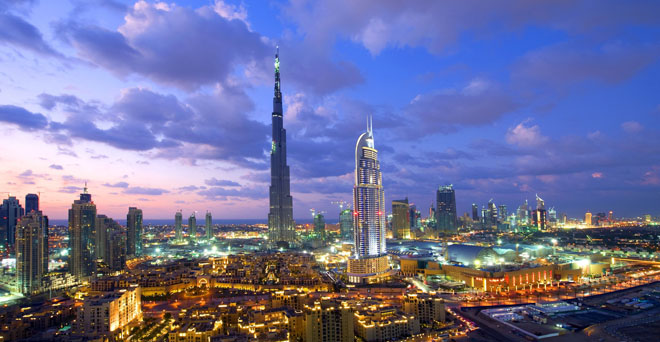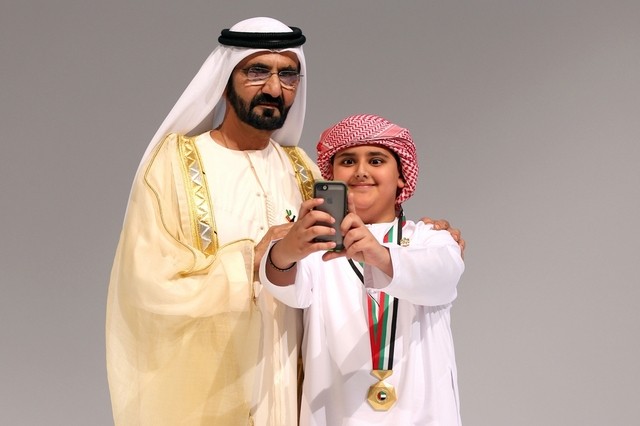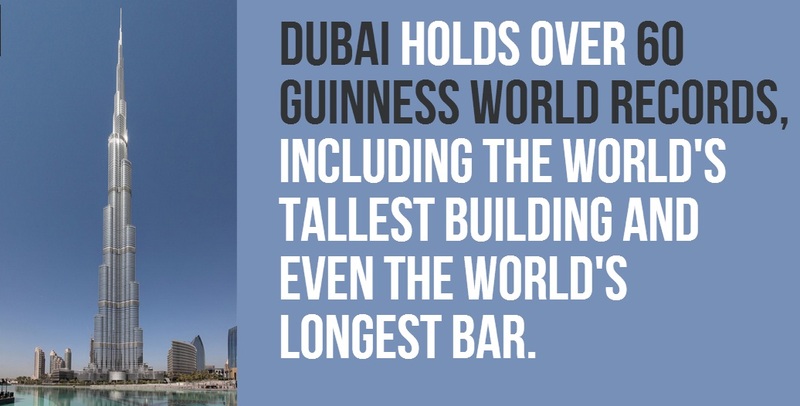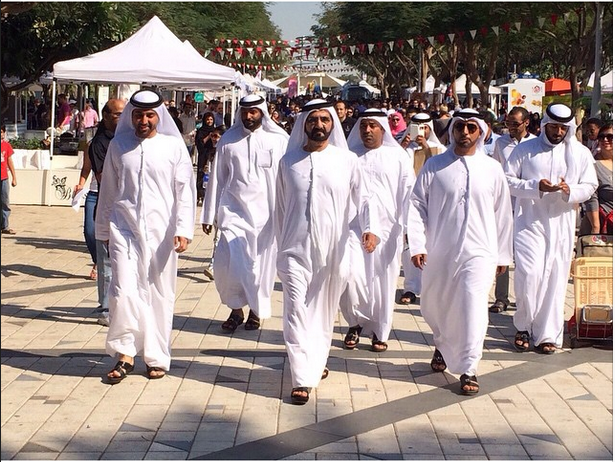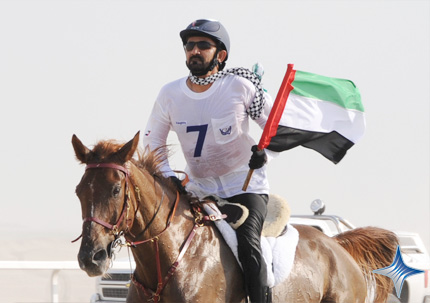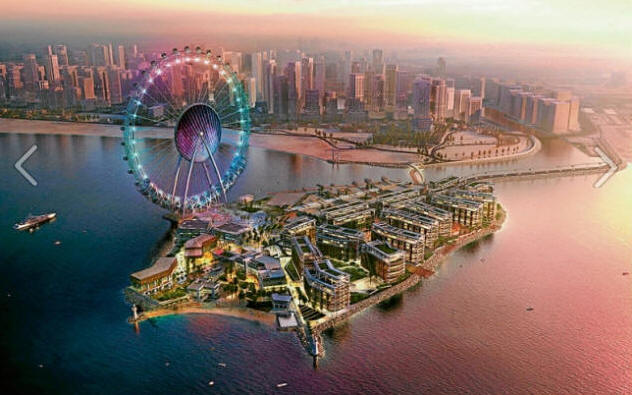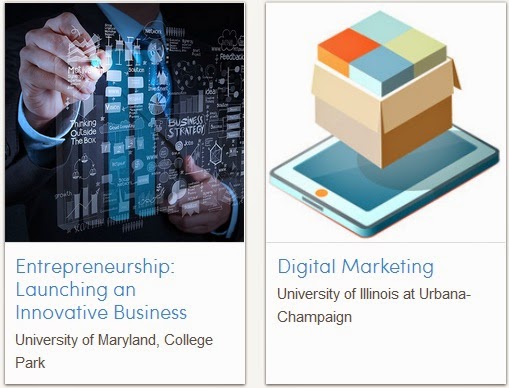These issues have to do with the fundamental question as to how there'll continue to be a competitive market. How do you have competition in a market where you have one operator that is dominant?
That is an issue in the marketplace; and issues of anti-trust and issues of fair competition will be very important. And how as a country we look at these issues – because these are not issues that we are used to; for many years, the problem was one of just get the (phone) lines going; just bring the investments in, we will deal with other problems.
Now, we've got to the level of investment is in, the lines are in; how do we have proper competition? How do you prevent one operator from using his position to adversely affect others and to deny that competition? Because in a normal market, if you have bad quality of service, then there should be an incentive for the companies to do better. The fact that we have bad quality of service – and it has been on for a while, there's some improvement, but not enough – tells us that more regulation is probably required, of a tougher sort than has been on.
Now, it will be very strange for me, it sounds strange for me as an operator advocating tougher measures. But the fact is that clearly some of the (regulatory) measures are not effective enough if we are not seeing improvements in the quality of services that we require.
And therefore my own position is that all the telecoms companies have to give the necessary respect to the regulators on obeying their requirements on customer service for service quality, because I think that frankly speaking the regulator has been fair in the way in which they have approached us on these issues.
So that is one very crucial issue that will affect us going forward. The second is that I think that the mobile phone companies, we have wasted a lot of money in not cooperating as much as we should have among ourselves. Again, we have a regulator that hasn't forced us; which is good. But if you don't do something yourself you should not be surprised if people step in to force you to do it. And I think that the mobile phone companies should not allow that situation to arise.
Let me give you an example: here we are in an industry that has been there for about 13 years; we ought to have used each other's infrastructure; each one of us has built an infrastructure of base stations; there are environmental issues with the base stations, the disfiguring of the cities. But it has taken us all 13 years to now get to a position in which we are now selling all of these base stations to a company and we will end up using each other's base stations. But it should not have taken us 13 years to do that.
Because if you think that capital investment that went into four different groupings, really that is capital that was badly deployed. That's one point. We have the same situation with fibre lines; each one of us may have built fibre networks that I'm sure are not being fully utilised.
Again, we should have been in a situation where we are using each other's; and therefore no company should be allowed – the fact that built fibre lines, to deny others the use of those fibre lines; or to prohibitively cost the use of those fibre lines in a manner that you effectively try to eliminate others by the way you price the fibre lines.
Because basically the land on which the fibre is built, the rights of way, the land on which all these base stations are built; they are all national assets that any company should have use of them; but you don't really have any right, in my view, for total ownership of them and to do what you like with them. They are national consideration and of greater importance.
So I think that as a group, and as an industry, we need to more and more to ask ourselves the question what kind of industry does Nigeria seek in 10 years' time?
And how do we as an industry go from where we are today to that destination in 10 years' time.
The last 10 years we have simply grown as we have liked, and said our objective: capture market share. There was a phase for that – as I said, when our objective was get the phones out, as many people as possible, no worries too much about the costs; no worries too much on issues of quality of service, and just get the investment in.
We have now got to move to a different phase; and that phase is saying how do we get high quality of service at all times? How do we get the mobile phone used for education, for health and payment systems, in universities, electricity bills; how do we get this instrument that we now realise can do so many different things, how do we get to all the services of the economy, to make it a more robust and more effective economy?
And some of these issues are beyond what the mobile phone companies are able to do; they are national economic issues. Therefore I think what we need to do is to agree between the industry and the government, almost like a 2020 vision or 2025 vision, of where that whole industry is; and what is the plan, how do we move the four mobile phone companies, plus the related companies, from where we are today to where we want to get to tomorrow; in that six to 10 years' time.
That issue will also affect the question of indigenisation, it will affect the issue of jobs for Nigerians, it will affect the issue of how do we enable Nigerians to capture a fair share of e-commerce business as well. Because all of us, the four mobile phone companies, we engender related companies – sub-contractors, data centres, music applications; a whole range, the scratch card business, and so on and so forth; how do we get opportunities for Nigerians?
Obviously in the first few years a lot of Nigerian companies will not be as efficient as foreign companies; and foreign companies have had that first mover advantage over them. In some cases they were able to grow because they were protected in their own home markets. Now we have to ask the question: what is the level of support or protection that we give local companies to enable these local companies to build capacity, to build these applications; for us to build companies that can employ large numbers of Nigerians so that the benefits of telecoms are spread throughout the country.
These are big issues; and one of the things I have to commend our president for is that he has a very good head of NCC; he has a very good Minister of Communication Technology. Both of them –and this is rare – have had a long experience and education in the IT, telecoms and engineering market. That is unusual. And in that sense, I can't think of two people better qualified to chart the way to that destination. But I think that Nigerians need to understand they are taking us to a new phase in the development of the industry, which will require new instruments, new thinking and so on and so forth. And that if we are going to achieve all the benefits, we need this new strategy.
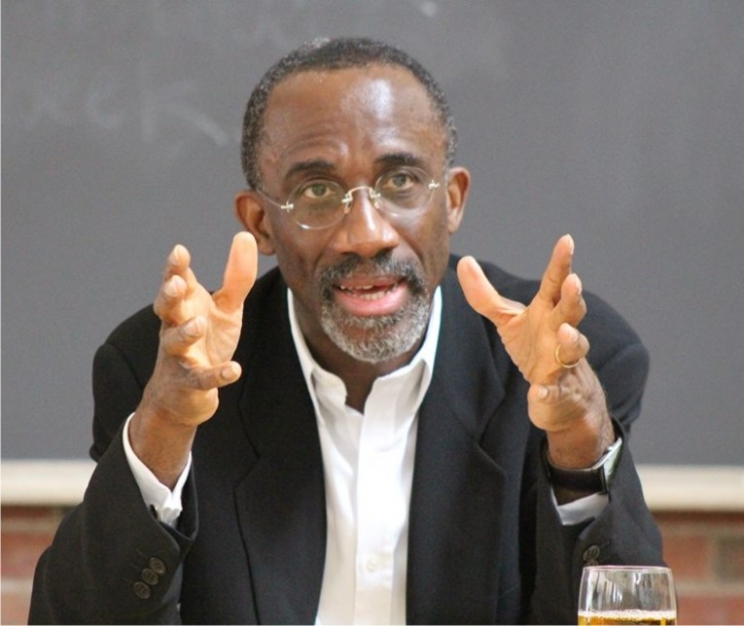 |
| Hakeem Belo-Osagie |
(More)
Get email updates
